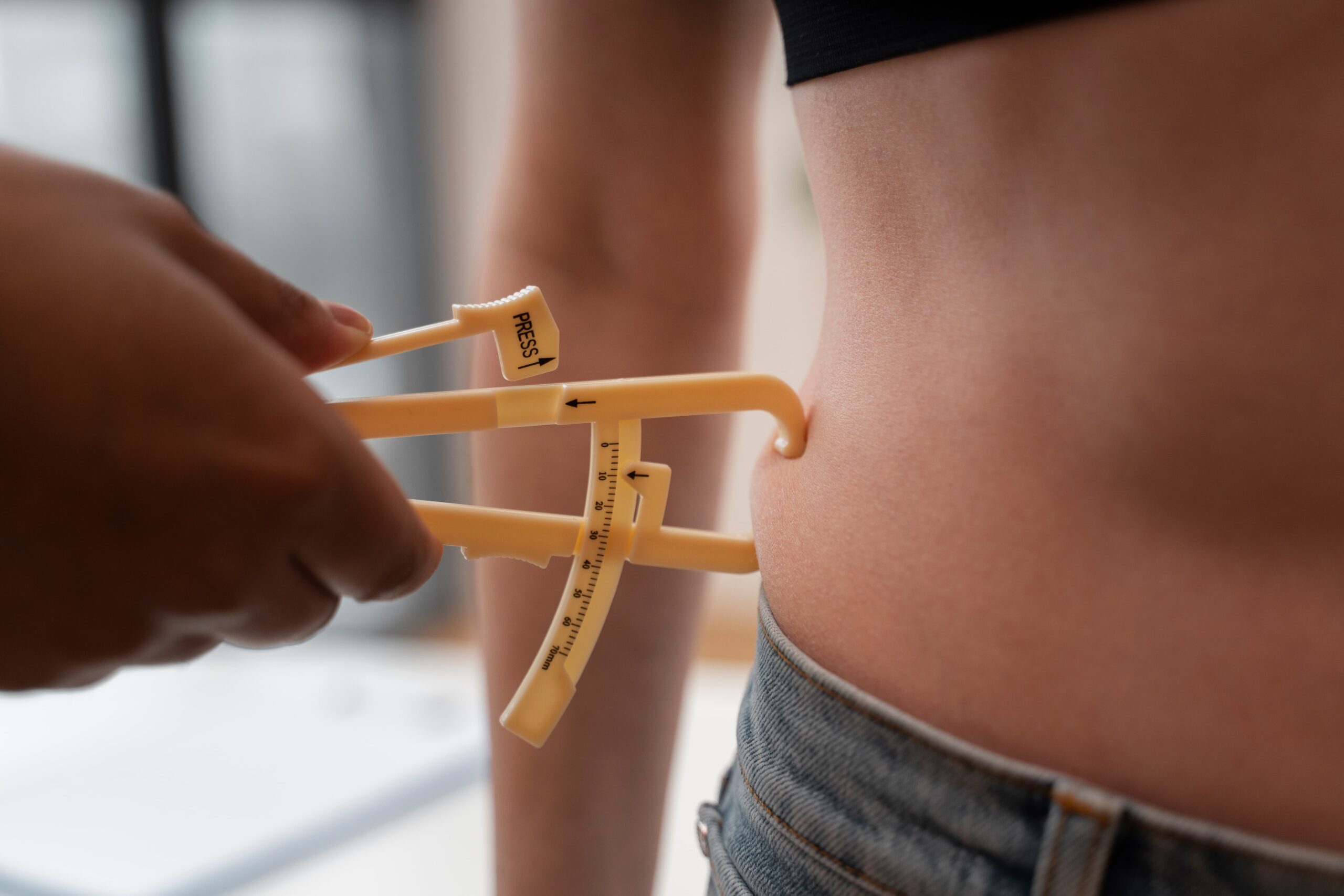
Ever feel lost staring at your running watch? Do the numbers seem like another language? You’re not alone! Many runners wonder how to calculate pace and how it relates to their training. But understanding your running pace is key. It unlocks the door to better training, smarter racing, and ultimately achieving your running goals. So, let’s dive into how to calculate pace and measure pace in running to help you become a more confident and informed runner! Knowing how to calculate pace accurately is essential for every runner.
Understanding Pace: The Basics
Pace is a fundamental concept for runners. Let’s break it down.
What is Pace?
Pace shows how fast you’re running. Think of it as the time it takes you to cover a certain distance. It is usually measured in minutes per mile or minutes per kilometer. For example, an 8:00 minute mile means it takes you 8 minutes to run one mile.
Why Pace Matters
Knowing your pace is helpful for lots of reasons. With it, you can set realistic goals for your runs and races. It guides you in training at the right intensity, whether it is easy or hard. A good understanding of pace is essential for race day success. Planning a race? Knowing your pace will prevent you from starting too fast.
Average Pace vs. Instant Pace
Your running watch likely shows two kinds of pace. Instant pace is your speed right now. Average pace reflects your overall speed for a run or segment. Instant pace can jump around a lot. Hills and turns affect it. Average pace gives you a bigger picture of your effort. Both are useful, but in different ways. It is worth taking the time to understand them.
Calculating Pace Manually
Don’t have a fancy watch? You can still figure out your pace. It just takes a bit of math.
The Pace Formula: Time / Distance
The basic formula for pace is simple: divide your total time by the distance you ran. Let’s say you ran 3 miles in 30 minutes. Your pace would be 30 minutes / 3 miles = 10:00 minutes per mile. That is, a 10 minute mile. Easy, right?
Converting Time to Minutes
Sometimes, you need to convert time into total minutes. For instance, maybe you ran for 1 hour, 10 minutes, and 30 seconds. First, multiply the hours by 60 (1 hour * 60 = 60 minutes). Then, add the other minutes (60 + 10 = 70 minutes). Finally, convert the seconds to minutes by dividing by 60 (30 seconds / 60 = 0.5 minutes). Add it all together: 70 + 0.5 = 70.5 minutes.
Calculating Pace for Different Distances
Want to figure out your pace for a race? Let’s look at some common distances:
- 5k (3.1 miles): Ran a 5k in 25 minutes? Your pace is 25 / 3.1 = 8:03 per mile.
- 10k (6.2 miles): Covered a 10k in 50 minutes? That’s 50 / 6.2 = 8:04 per mile.
- Half Marathon (13.1 miles): Finished a half marathon in 1 hour and 45 minutes (105 minutes)? Your pace comes to 105 / 13.1 = 8:01 per mile.
- Marathon (26.2 miles): Completed a marathon in 3 hours and 30 minutes (210 minutes)? The pace is 210 / 26.2 = 8:01 per mile.
Using Technology to Calculate Pace
These days, technology makes pace tracking a breeze. A lot of runners rely on tech for this.
Running Watches and GPS
GPS watches are a runner’s best friend. They automatically track your pace, distance, and time using satellites. These watches give you real-time data. But GPS isn’t always perfect. Tall buildings or trees can mess with the signal, causing inaccuracies.
Running Apps for Smartphones
Don’t want to buy a watch? Running apps on your smartphone work, too. Popular choices include Strava, Runkeeper, and Nike Run Club. These apps use your phone’s GPS to track your runs and show you your pace. Be aware that carrying your phone can sometimes be a hassle.
Online Pace Calculators
Need a quick calculation? Online pace calculators are super handy. Plug in your time and distance, and it spits out your pace. These calculators can help you predict race times. They are great for planning your training.
Factors Affecting Your Pace
Many things can influence your pace. Some are in your control, others aren’t.
Terrain and Weather
Running uphill will slow you down. Trails can be tougher than roads. Wind makes you work harder. Hot or cold weather also impacts your pace. You just have to be mindful of those changes.
Fitness Level and Fatigue
The fitter you are, the faster you’ll run. It seems obvious, but fatigue matters. A tired body can’t maintain a fast pace. Good training and rest are essential. They help you improve and avoid burnout.
Nutrition and Hydration
Proper fueling keeps your energy levels up. Dehydration slows you down. Drink enough water before, during, and after your runs. Eat a balanced diet to support your training.
Improving Your Running Pace
Want to get faster? Here are some strategies to help.
Interval Training
Intervals involve short bursts of fast running followed by recovery periods. This type of training improves your speed and endurance. For example, you could run 400 meters at a fast pace, then jog for 200 meters. Repeat this several times.
Tempo Runs
Tempo runs are sustained efforts at a comfortably hard pace. They help raise your lactate threshold. This means you can run faster for longer before fatigue sets in. A typical tempo run might be 20-40 minutes at a pace you could sustain for about an hour in a race.
Strength Training
Strong muscles make you a better runner. Strength training improves your running form and prevents injuries. Focus on exercises that target your legs, core, and glutes. Squats, lunges, and planks are all great choices.
Conclusion
Understanding and calculating pace is essential for runners. It helps you set goals, train effectively, and race smartly. Use the formulas, technology, and training tips discussed here to improve your speed and efficiency. No matter your running level, mastering pace is a key ingredient for reaching new personal bests.
Relevant Keywords – how to calculate pace, calculate running pace, running pace calculator, how to measure running pace, pace formula running, running pace calculation, what is pace in running, how to find running pace, pace per mile/km, average running pace, running speed vs pace, how to determine running pace, pace vs speed running, best running pace calculator, how to track running pace, how do you calculate running pace per mile, running pace formula for beginners, how to compute pace in minutes per km, easy way to calculate running pace, why is running pace important, how to improve running pace, running pace chart, how to measure pace without a watch

